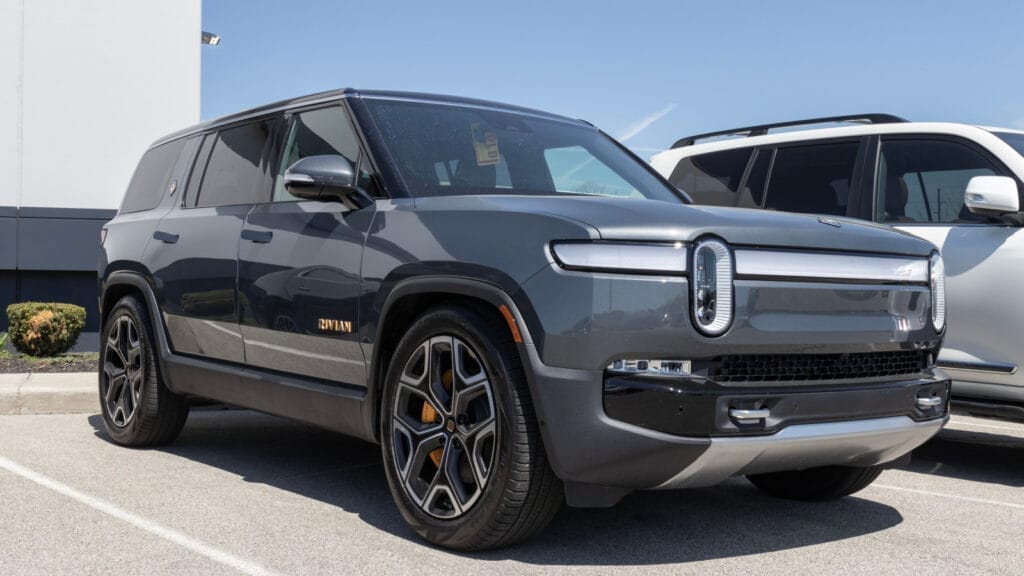SUVs have become the go to choice for families and individuals alike, dominating North American roads in every shape and size. Buyers today expect these vehicles to be versatile, practical, and durable, but as the market grows more complex, so too do the risks of ending up with a model that struggles with reliability. Many of the newest SUVs are packed with advanced hybrid systems, electric powertrains, and increasingly complicated electronics. While these innovations promise progress, they also create more opportunities for problems. Looking at recalls, early owner feedback, and initial reliability data, several SUVs released or updated for 2025 already stand out for all the wrong reasons. Here are the models most likely to leave buyers regretting their purchase.
Jeep Grand Cherokee 4xe
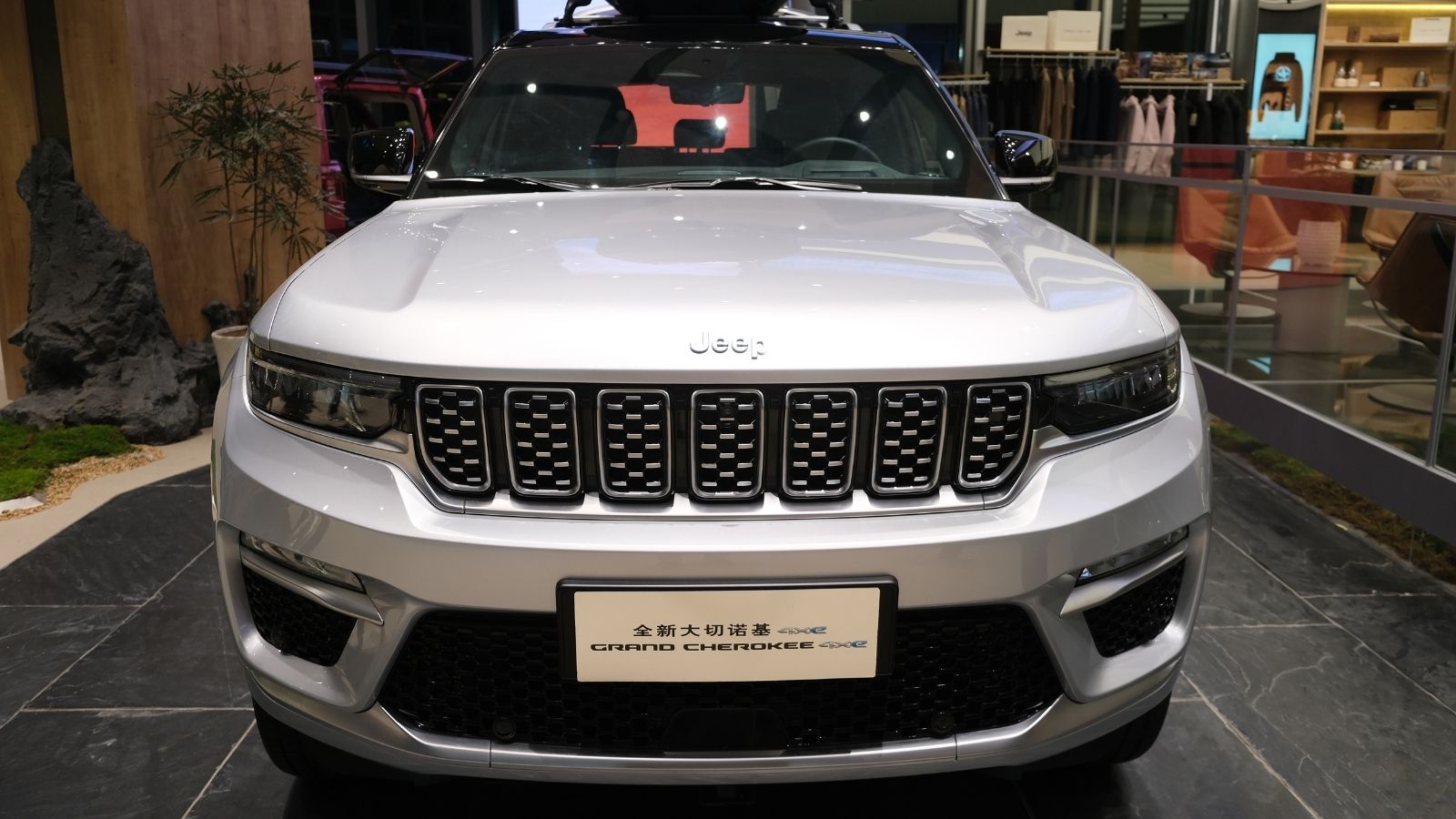
The Jeep Grand Cherokee 4xe was supposed to combine off road ability with eco friendly hybrid technology, but so far the reality has not matched the promise. Owners have reported problems with the hybrid battery system, with issues ranging from charging inconsistencies to sudden loss of power while driving. Several recalls have already been issued for the 4xe, mostly related to electronic control systems and battery management. For a vehicle that comes with a premium price tag, such early headaches make it a risky choice. Buyers who want the traditional durability of a Jeep may be disappointed by this complicated hybrid setup.
Mazda CX 70 PHEV and CX 90 PHEV
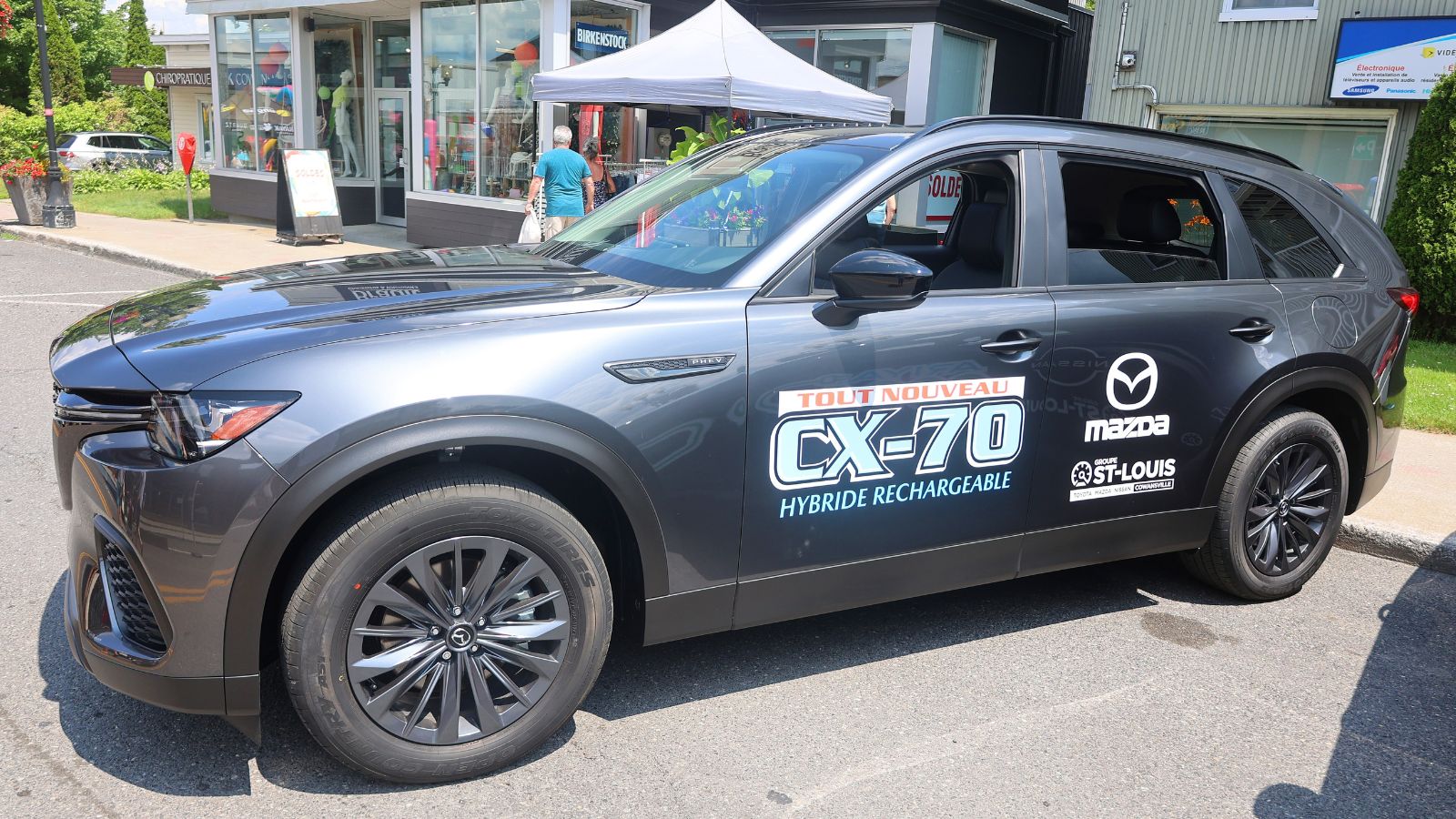
Mazda aimed to move upscale with the CX 70 and CX 90, introducing plug in hybrid versions that were meant to impress with style and technology. Unfortunately, early reliability scores have been among the lowest in the segment. Owners are reporting software bugs, malfunctioning hybrid systems, and even transmission issues in some cases. While the exterior styling and interior quality are commendable, the complexity of these new powertrains has made them prone to problems. For buyers used to Mazda’s reputation for dependable small cars, these larger hybrids have been a shock.
Chevrolet Blazer EV and Cadillac Lyriq
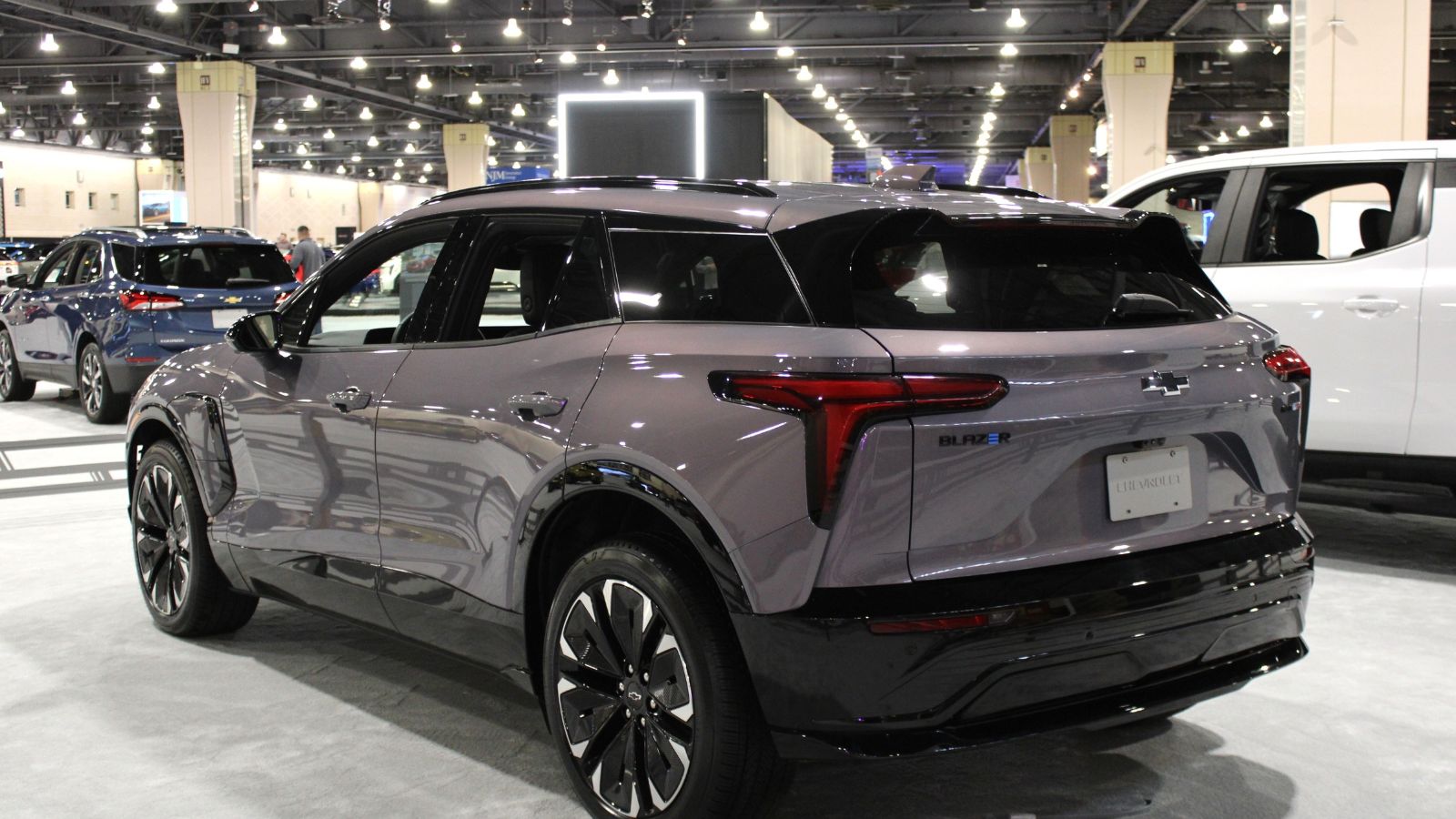
General Motors has been pushing hard into the electric vehicle market, but its new SUVs have been plagued with problems. The Chevrolet Blazer EV and Cadillac Lyriq share a platform and both have been hit by recalls tied to braking, faulty seat brackets, and even improperly welded battery components. Owners have complained of sudden shutdowns and software failures, and these issues have already damaged consumer confidence. For GM, these SUVs were supposed to represent the future, but their rough start suggests growing pains that buyers will pay the price for.
Rivian R1S
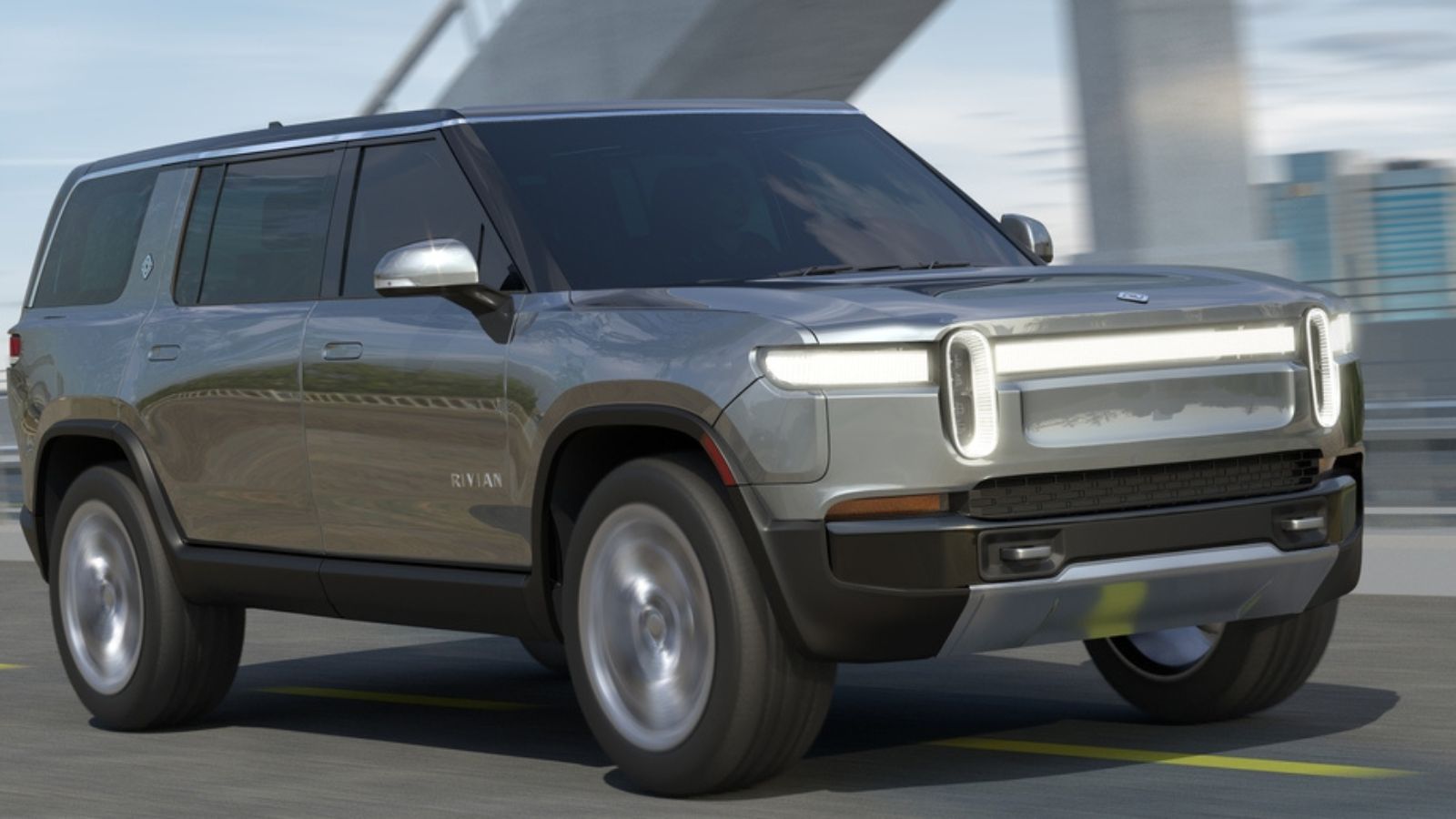
Rivian entered the market with plenty of hype, and the R1S SUV quickly grabbed attention with its three row seating, strong battery range, and serious off road capability. However, real world use has revealed flaws. Many early owners have dealt with electrical glitches, software malfunctions, and quality control problems ranging from panel gaps to squeaky suspension components. While the R1S remains an exciting concept on paper, it feels unfinished in execution, and frequent recalls have done little to reassure buyers. For the price Rivian charges, most owners expect more polish and fewer trips back to the service center.
Jeep Wrangler
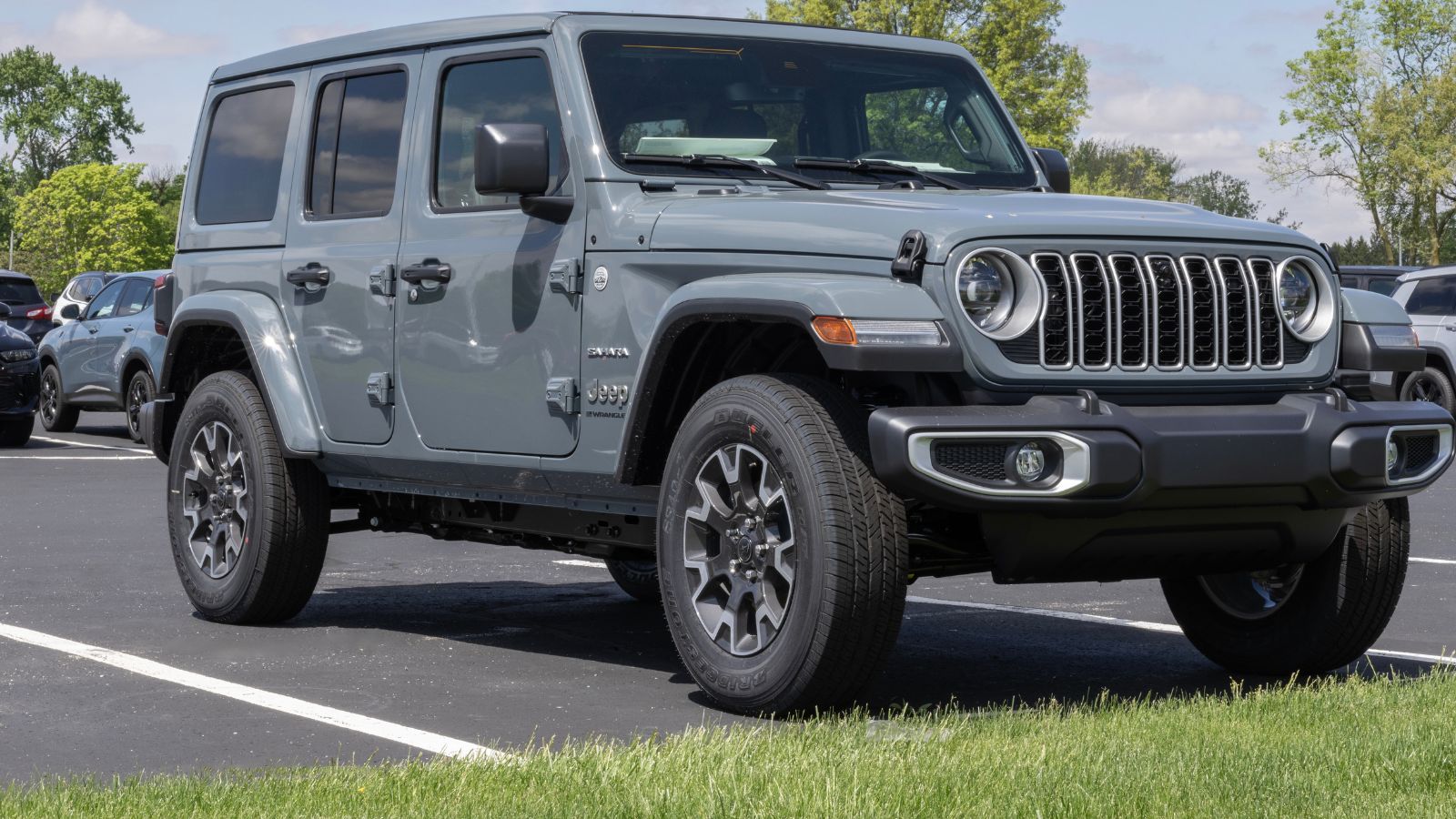
The Jeep Wrangler is a beloved icon, but its reputation for durability is not as strong as its off road image suggests. The 2025 models continue to be plagued by issues such as electronics failures, frame corrosion, and sensor malfunctions. Owners often report constant small problems that add up over time, making the Wrangler more expensive to keep running than buyers anticipate. For those who truly use the vehicle off road, wear and tear accelerates these issues. Jeep fans are loyal, but many first time buyers end up with buyer’s remorse once they realize how many repairs are part of the Wrangler experience.
Range Rover Evoque
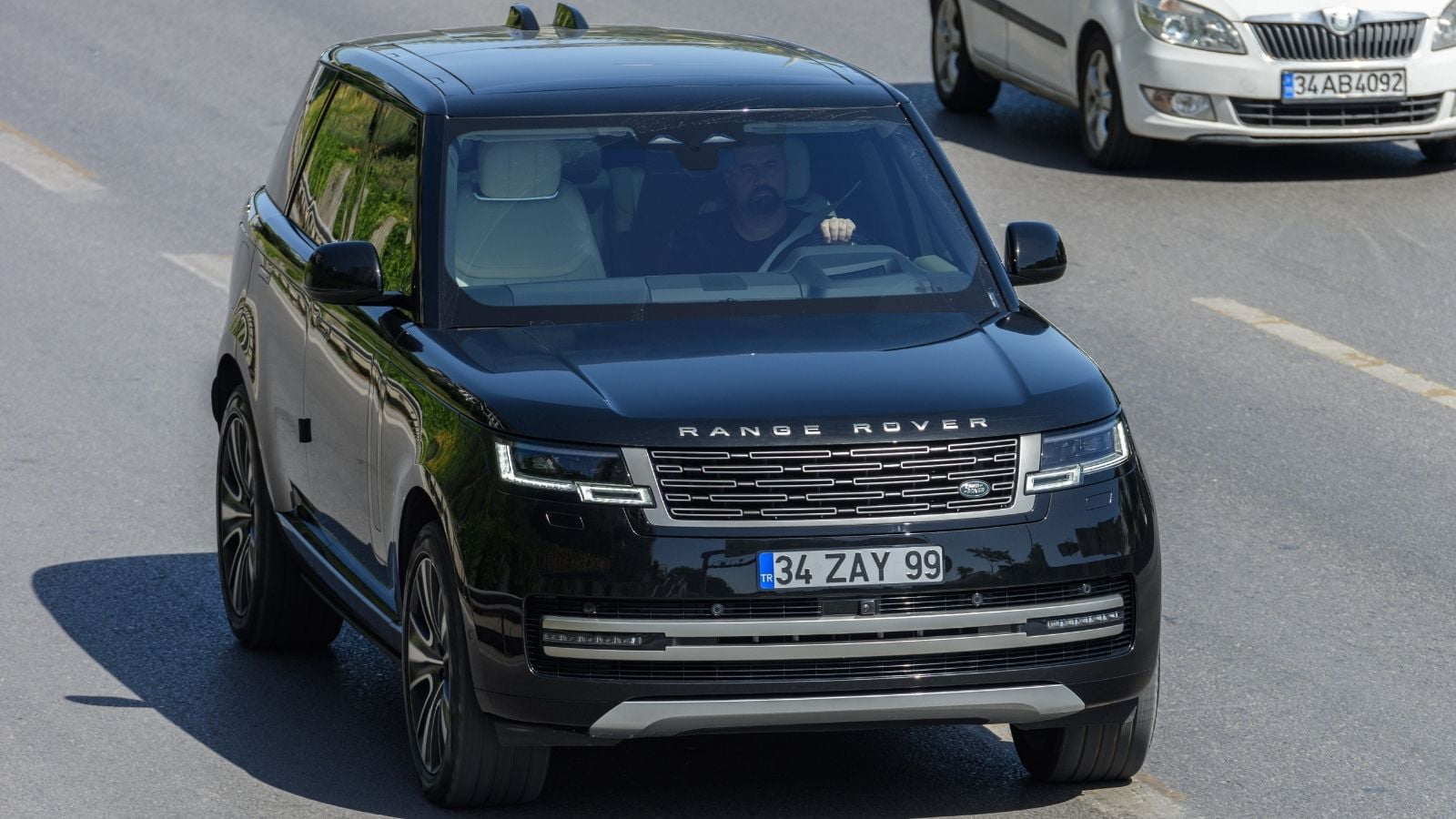
The Range Rover Evoque continues to impress with its stylish design, but beneath the surface it struggles with quality and durability. Owners frequently report problems with infotainment systems, interior trim, and mechanical components such as transmissions. Reliability scores remain low and repair costs are high. While the Evoque appeals to buyers looking for a fashionable luxury crossover, it often disappoints in the long run. This mismatch between image and reality leaves many owners regretting their decision, especially when repair bills pile up.
Land Rover Discovery Sport
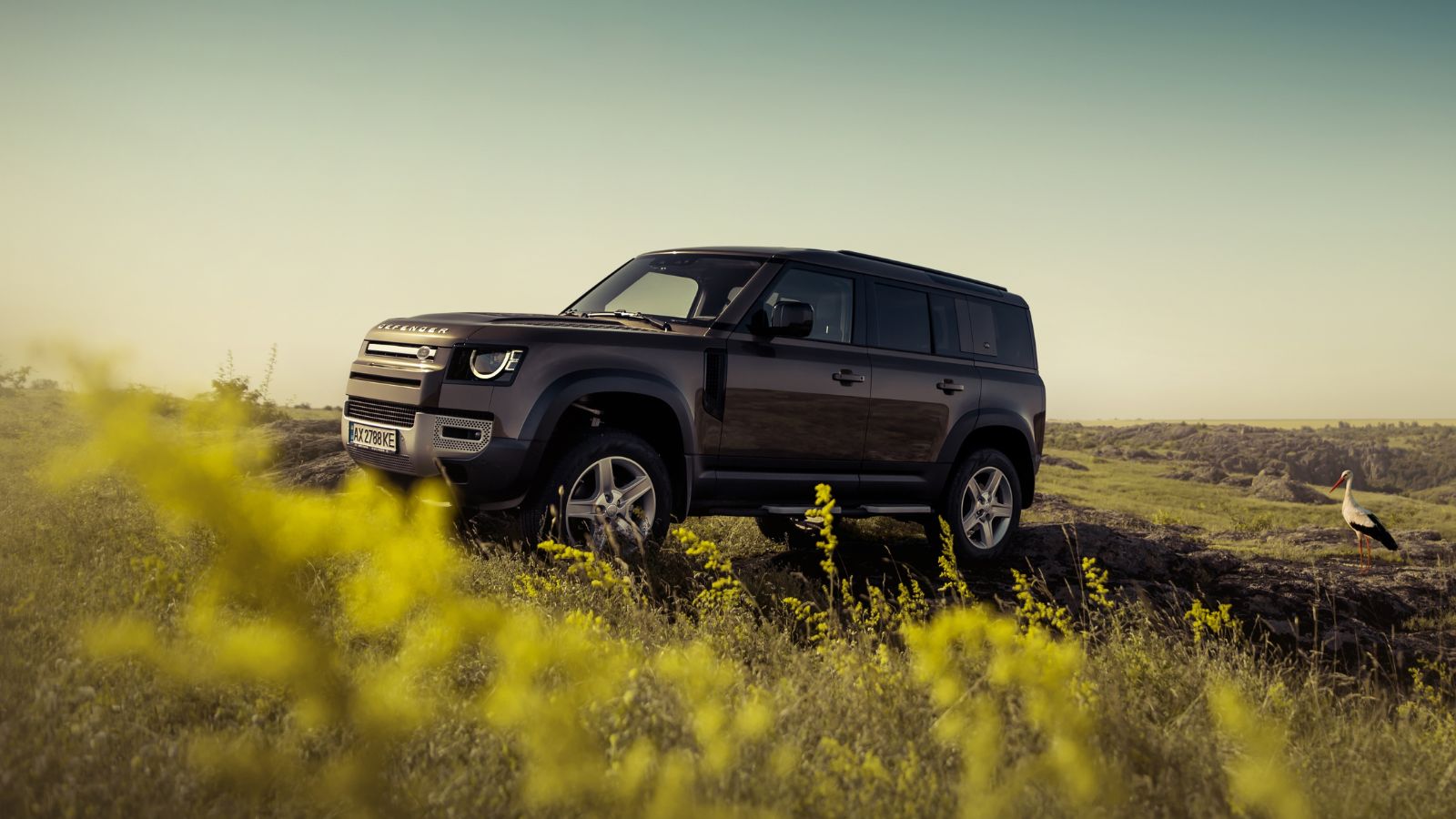
The Discovery Sport tries to combine practicality with Land Rover luxury, but it too has earned a reputation for reliability issues. Electronics problems, drivetrain failures, and poor interior build quality are common complaints. While the SUV has plenty of features, the sheer complexity of its systems creates opportunities for things to go wrong. For a brand that markets itself as rugged and adventurous, having to visit the service department regularly undermines that message. Buyers who hoped for worry free ownership often end up disappointed.
Land Rover Defender Base Four Cylinder Turbo
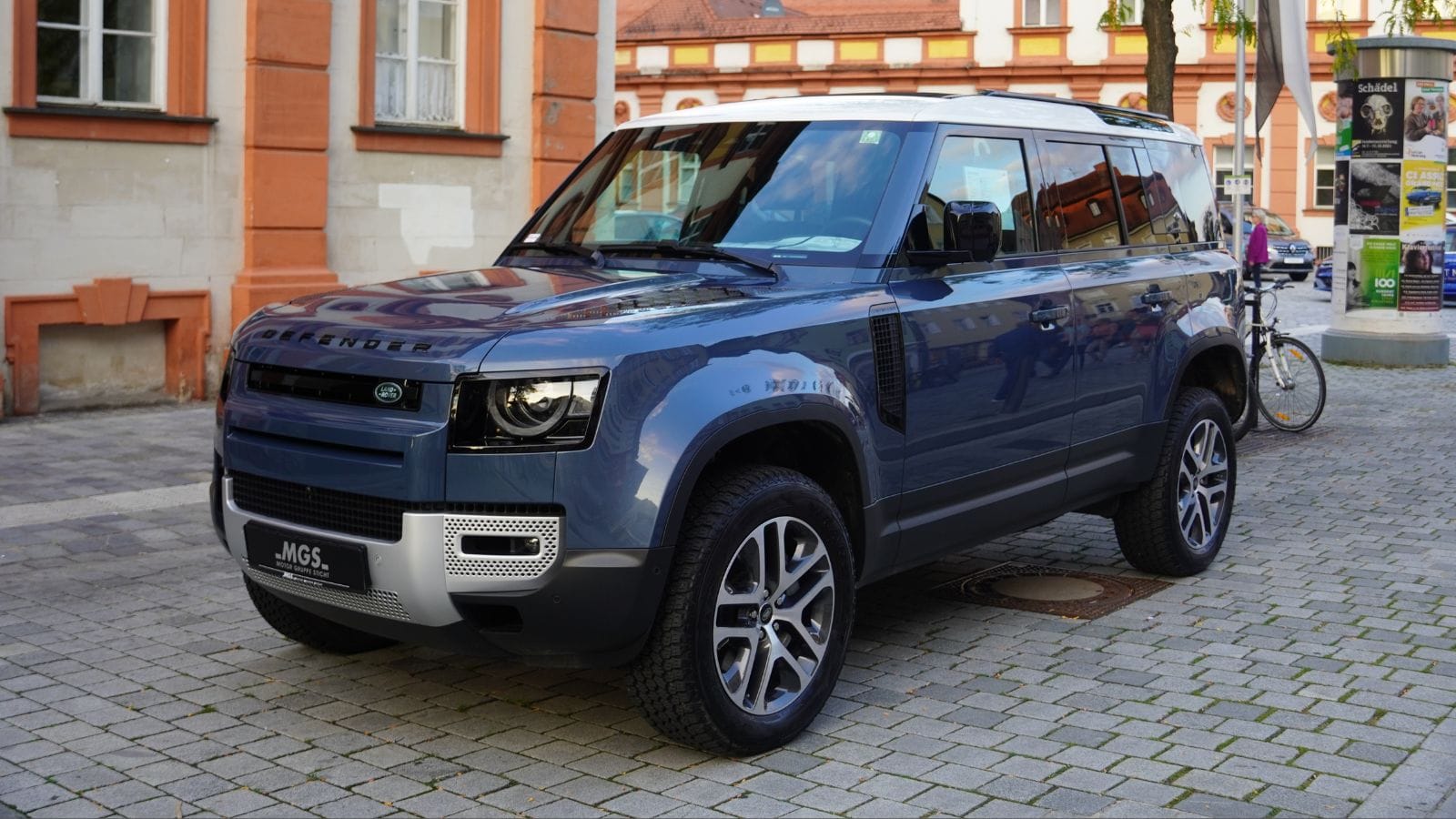
The Land Rover Defender in its base four cylinder turbocharged version has been singled out as one of the weaker offerings in the lineup. Owners note that the smaller engine feels strained when the SUV is fully loaded or driven off road, and there are concerns about long term durability. Combined with the Defender’s high cost of parts and maintenance, this entry level model does not deliver the value many expect. While higher trims with six cylinder and V8 power are stronger performers, the base version risks leaving buyers with both performance and reliability complaints.
Dodge Hornet
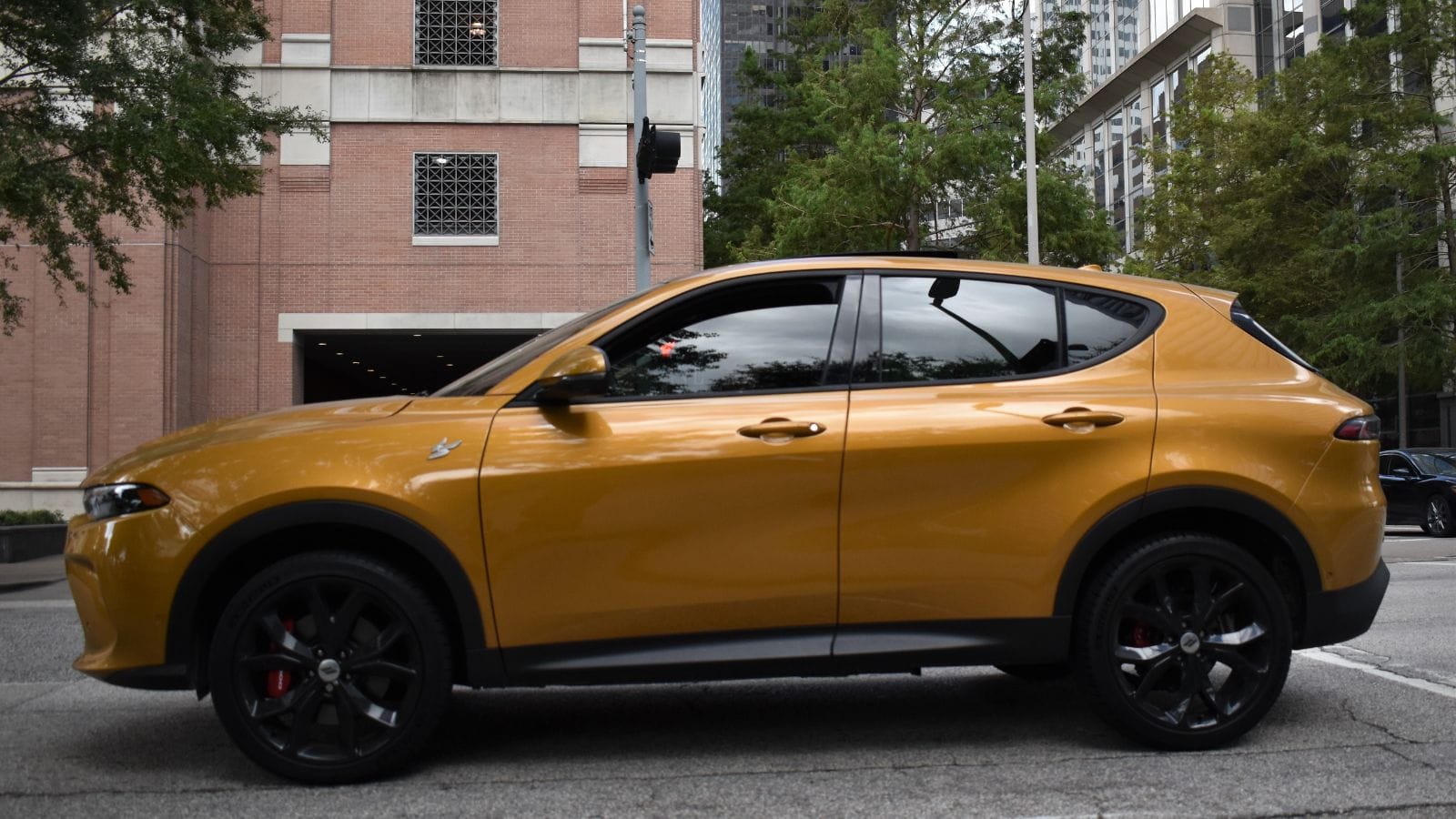
The Dodge Hornet was introduced as a sporty small SUV that promised performance and Italian flair, since it is based on the Alfa Romeo Tonale. However, early buyers have run into inconsistent build quality, malfunctioning electronics, and frustrating interior flaws. Reliability ratings have been poor, and resale values are dropping faster than rivals. For buyers who hoped to get a stylish and fun compact crossover, the Hornet has too often delivered frustration instead.
Volkswagen Atlas and Atlas Cross Sport
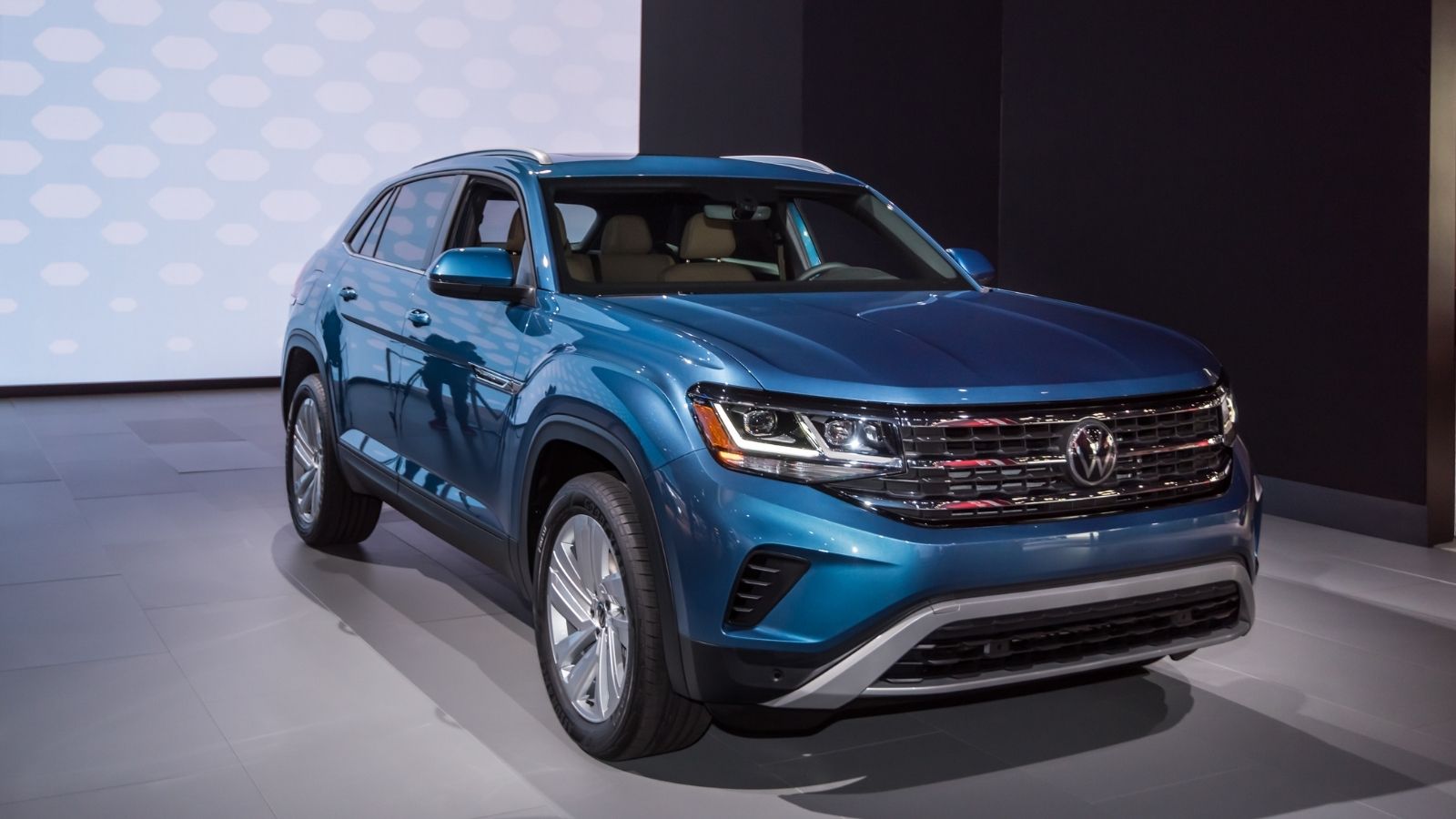
The Volkswagen Atlas and its Cross Sport sibling are roomy and practical, but owners have reported problems with engine oil consumption, electrical systems, and premature part failures. The turbocharged four cylinder engine in particular has been flagged for higher than expected oil use, and some drivers have had to deal with repairs sooner than they anticipated. These issues, combined with Volkswagen’s historically mixed record on reliability, have left many Atlas buyers frustrated. For families who chose the Atlas for its space and practicality, reliability problems can quickly outweigh the positives.
Why These SUVs Struggle With Reliability
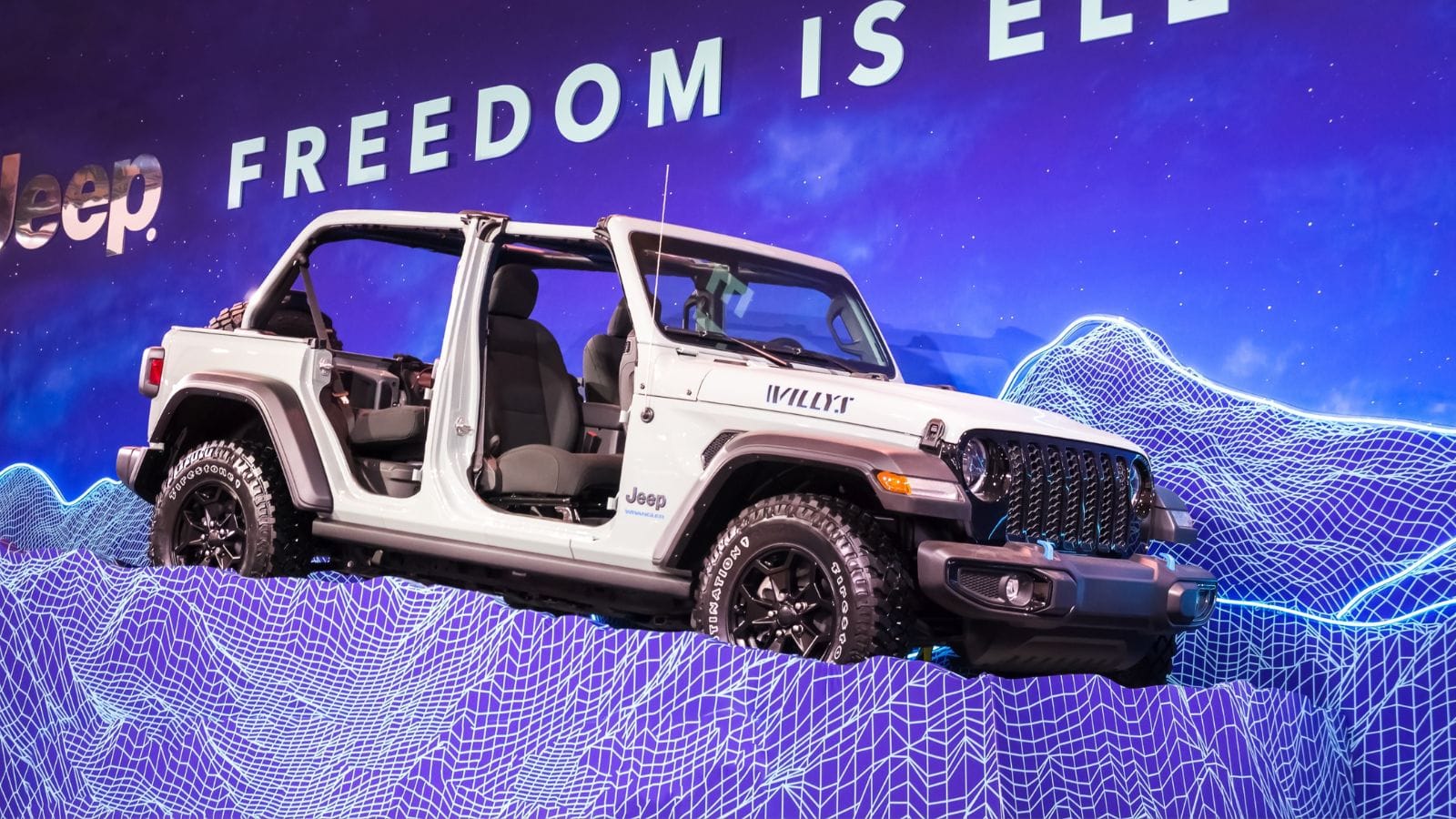
Looking at these models together, a few patterns become clear. SUVs with brand new hybrid or electric systems tend to experience early problems as automakers work through growing pains. Luxury vehicles often pack in complex technology that adds convenience but also increases the risk of malfunction. Off road focused SUVs sometimes fall short on everyday reliability when used outside their intended environments. And mass market models that cut costs in development can leave buyers facing higher maintenance bills later.
The Regret
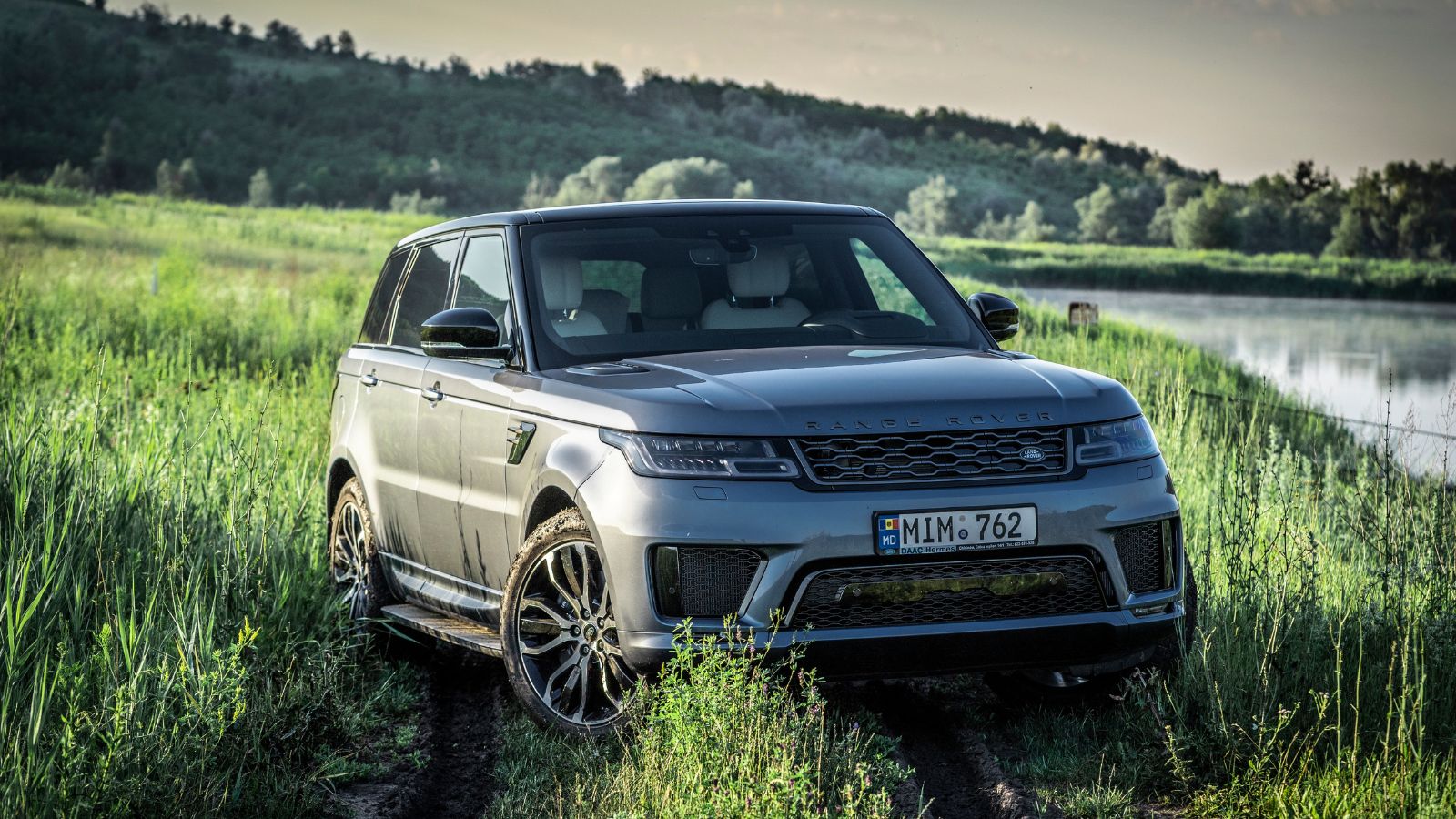
The 2025 SUV market is full of exciting designs and innovative technology, but not every model is delivering trouble free ownership. From Jeep’s complicated hybrids to Land Rover’s ongoing struggles with durability, and from General Motors’ rough electric launches to Dodge’s attempt at a stylish compact crossover, buyers have plenty of opportunities to make a regrettable choice. Anyone shopping for a new SUV should pay close attention to owner feedback, reliability ratings, and early recall information before signing on the dotted line. Saving yourself from buyer’s remorse often means doing the homework up front, because the most attractive SUV in the showroom may be the least reliable one in your driveway.
25 Facts About Car Loans That Most Drivers Don’t Realize

Car loans are one of the most common ways people fund car purchases. Like any other kind of loan, car loans can have certain features that can be regarded as an advantage or a disadvantage to the borrower. Understanding all essential facts about car loans and how they work to ensure that you get the best deal for your financial situation is essential. Here are 25 shocking facts about car loans that most drivers don’t realize:
25 Facts About Car Loans That Most Drivers Don’t Realize
